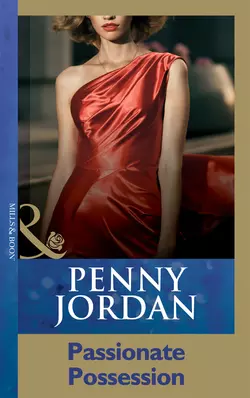Passionate Possession

Пенни Джордан
Тип: электронная книга
Жанр: Современная зарубежная литература
Язык: на английском языке
Стоимость: 244.39 ₽
Статус: В продаже
Издательство: HarperCollins
Дата публикации: 16.04.2024
Отзывы: Пока нет Добавить отзыв
О книге: He Had Misjudged HerLucy Howard didn′t like arrogant men, and Niall Cameron certainly came into that category for her! He didn′t even know her, but he quite happily jumped to all the wrong conclusions. She was rich, spoiled, uncaring and just the sort of woman he disliked most.Not that Lucy cared what he thought of her. She wasn′t interested in stealing someone who was already committed to a long-term relationship with another woman. But Niall didn′t seem to have any such scruples….